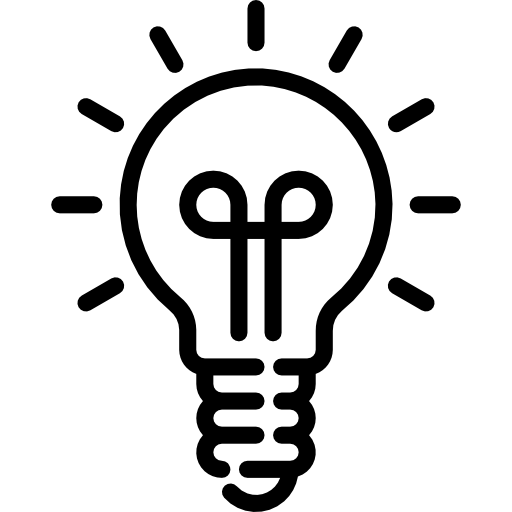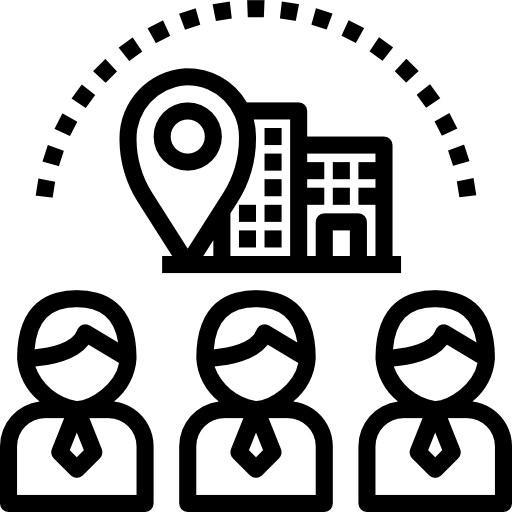Psychology and Computers
Psychology isn’t any different. Technology is a factor that affects or influences all aspects of life today, including psychology. In the same way that technology influences how people act and think, and how they work, psychologists use technology to study, understand, and even treat mental illnesses. Technology aids psychologists in their research by making it possible for them to gather and analyze data much more quickly and accurately than they might be capable of. Technology is an integral component of psychology research and treatment. From using computers to perform FMRI imaging, to the development of electronic tools for evaluating and tracking symptoms in patients with anxiety or depression.
Technology can also impact the relationship that humans have with the digital systems in which they interact daily. A lot of the most well-known technology companies have large departments with psychologists that are experts in perception and cognition of humans. They conduct research to understand how people react to certain designs and then give recommendations based on that. The majority of the time, when you use a piece of technology, like your phone or Facebook you benefit from the collaboration between psychology and computer science.
Sidney D’Mello, a researcher at Notre Dame University, is one of the many researchers working at www.rebootdata.net/generated-post-2/ the intersection of computers and psychology. His research focuses on «affective computing,» which is the study of how computers can recognize and interpret emotions. For instance, his group has developed a model which could allow computers to know when a person is likely to be frustrated or anxious, so it can intervene before it happens.






